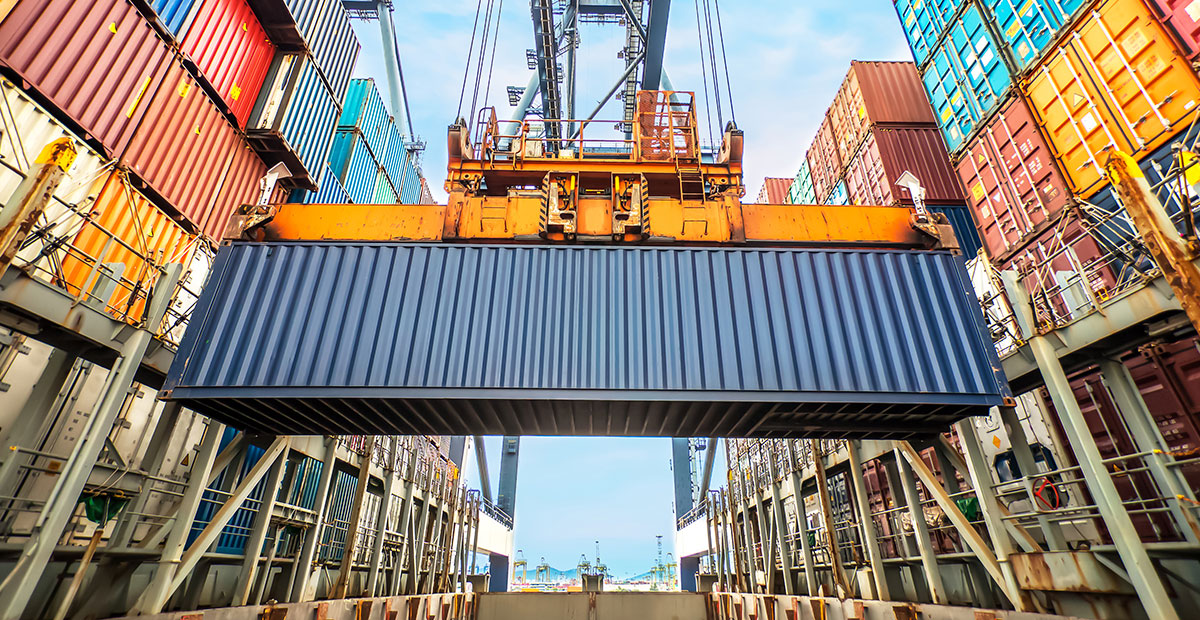Creation Of The AfCFTA: Tax Leaks & Economic Implications For Nigeria
Posted on Sun 2 Feb 2020
- Download Resource
Proem

Forty-four (44) member states of the African Union (“AU”) signed the Agreement, which established the African Continental Free Trade Area (“AfCFTA”) on March 21, 2018, in Kigali, Rwanda.

The main thrust of the Agreement is the improvement of intra-African trade. The Agreement came into force on May 30, 2019 (after attaining the minimum ratification threshold, which is ratification by at least 22 member states of the AU), and thereby created a single market for the free movement of goods, services and persons within the continent. It is envisioned that capital, investments and technology will flow across all AU-recognized Regional Economic Communities (REC) unimpeded.
The Agreement prescribes specific action plans to be undertaken and or given effect to by State Parties to the Agreement. The State Parties are required to;
-
progressively eliminate tariffs and non-tariff barriers to trade in goods;
-
progressively liberalise trade in services;
-
cooperate on investment, intellectual property rights and
-
competition policy;
-
cooperate on all trade-related areas;
-
cooperate on customs matters and the implementation of trade facilitation measures;
-
establish a mechanism for the settlement of disputes concerning their rights and obligations; and
-
establish and maintain an institutional framework for the implementation and administration of the AfCFTA.
Nigeria signed the Agreement on July 7, 2019, though, it is yet to commence the legislative process of domesticating the Agreement by ratifying and codifying it as a local law[1]. Nigeria’s delay in signing the Agreement may not be unconnected to concerns raised by relevant stakeholders in the economy in relation to the possible adverse impact it may have on our weak and less-competitive manufacturing and industrial sector, as well as identified potential tax leaks (Value Added Tax/ Import Duty/ Income Tax), which may impact Government revenues.
In this article, we examine possible tax leaks, and the likely economic impact of AfCFTA, and its implications for Nigeria.
Protocols to the Agreement
The Protocols to the Agreement[2], highlighted below, are intended to enhance its efficient implementation:
-
Protocol on Trade in Goods;
-
Protocol on Trade in Services;
-
Protocol on Rules and Procedures on the Settlement of Disputes;
-
Protocol on Investment;
-
Protocol on Intellectual Property Rights; and
-
Protocol on Competition Policy.
1 Section 12(1) of the Constitution of the Federal Republic of Nigeria 1999 (as amended) provides that no treaty between the Federation and any other country shall have the force of law unless such treaty has been enacted into law by the National Assembly. This constitutional provision is supported by Article 22(2) of the Agreement.
2 The Protocols on Trade in Goods, Trade in Services, and Procedures on the Settlement of Disputes are annexed to the Agreement whilst the Protocols on Investment, Intellectual Property Rights, and Competition Policy are yet to be concluded.













